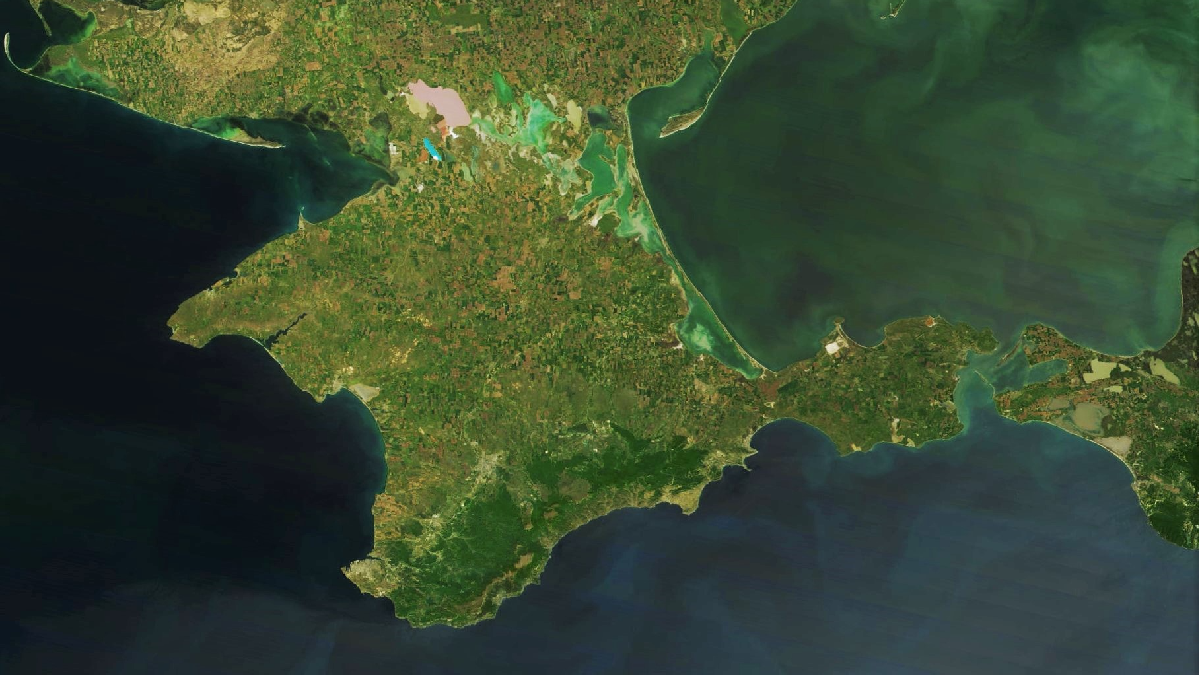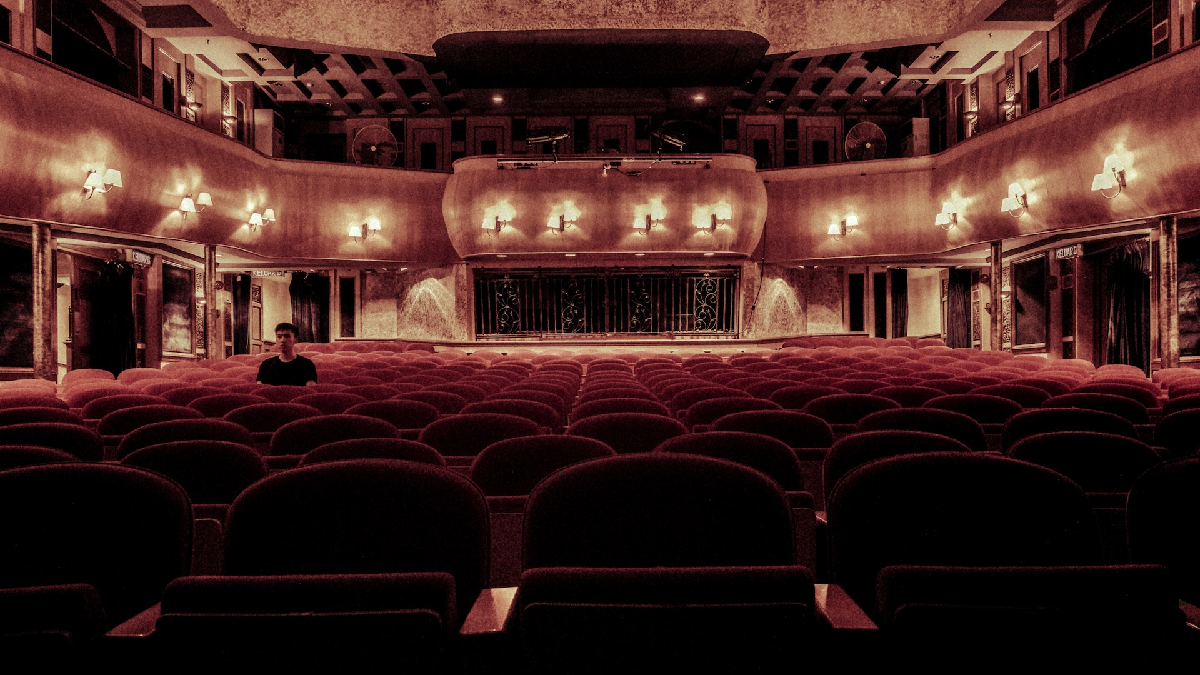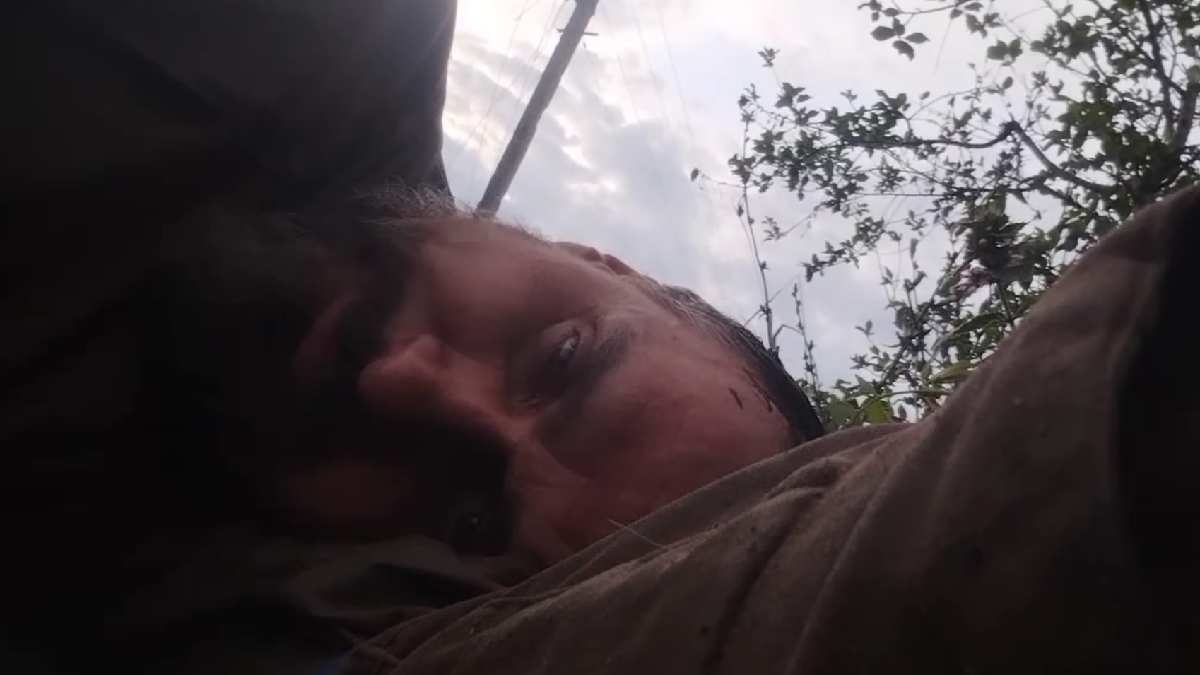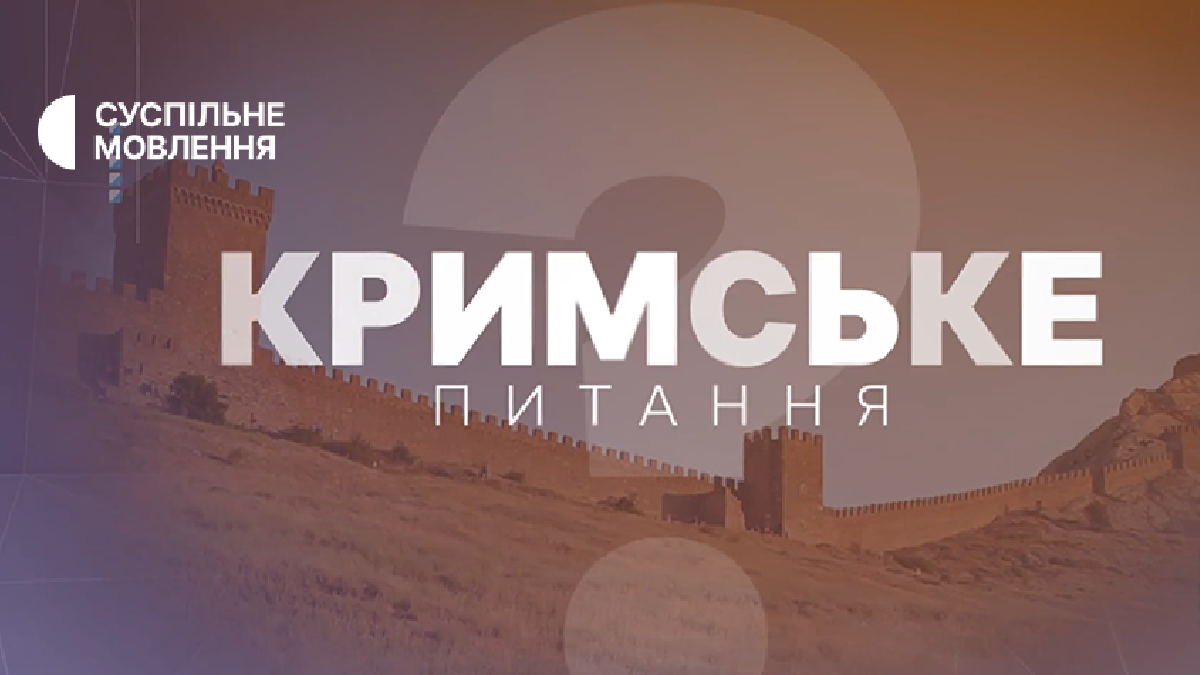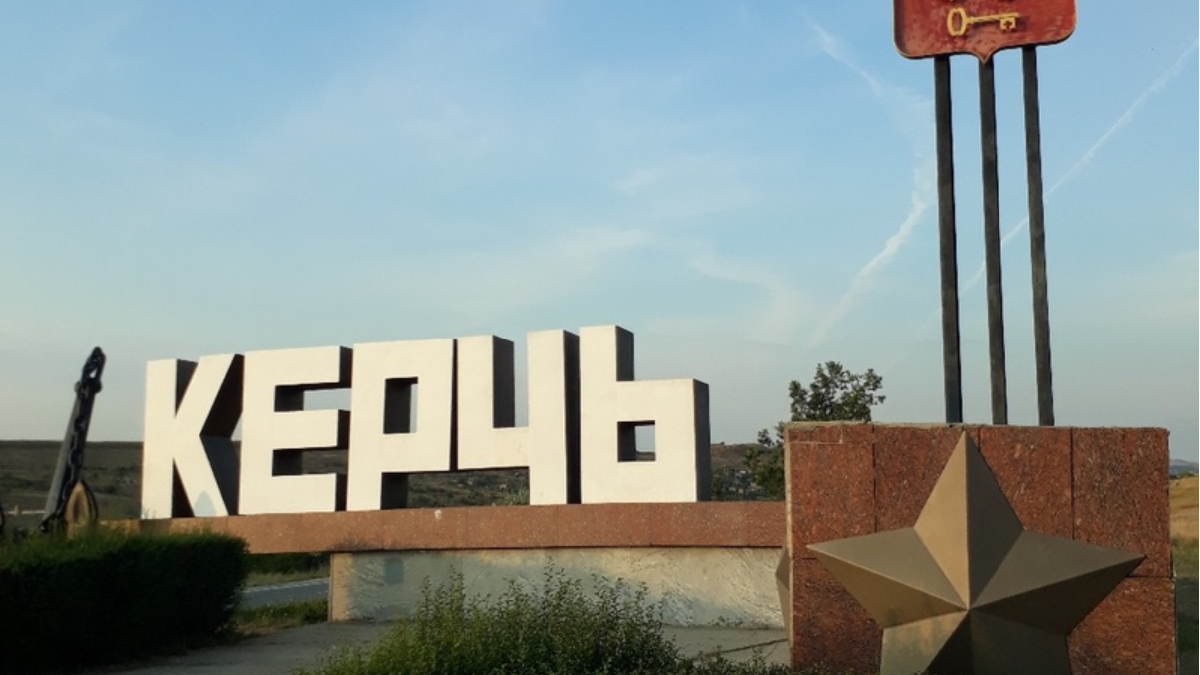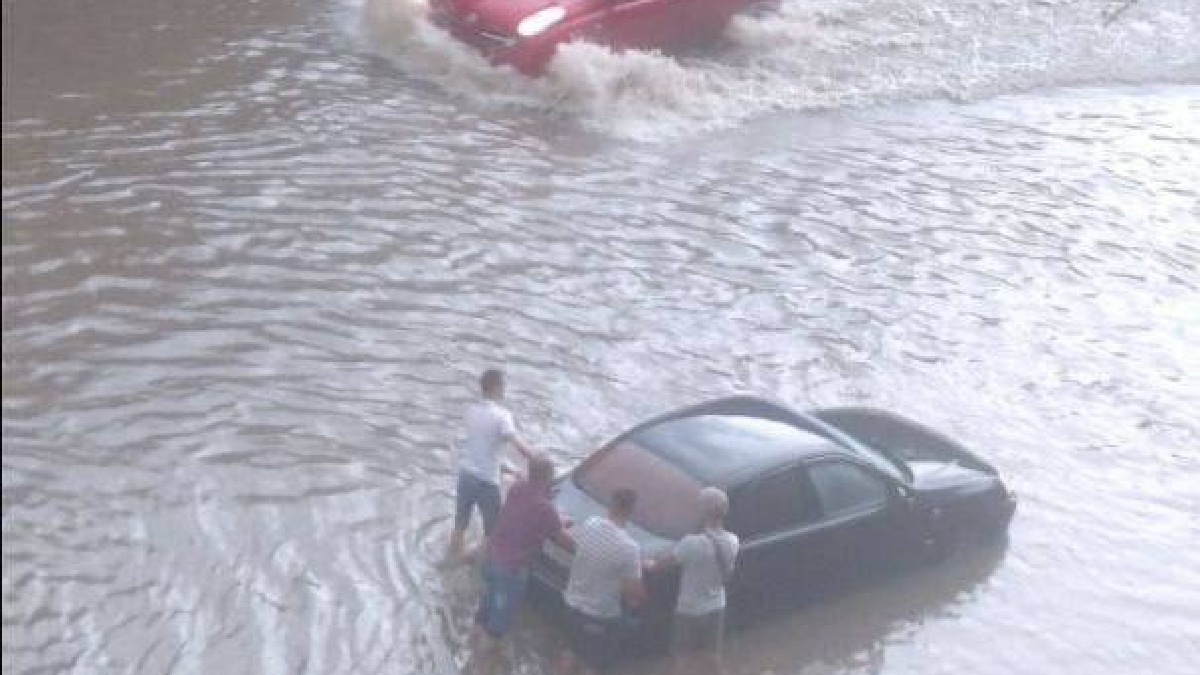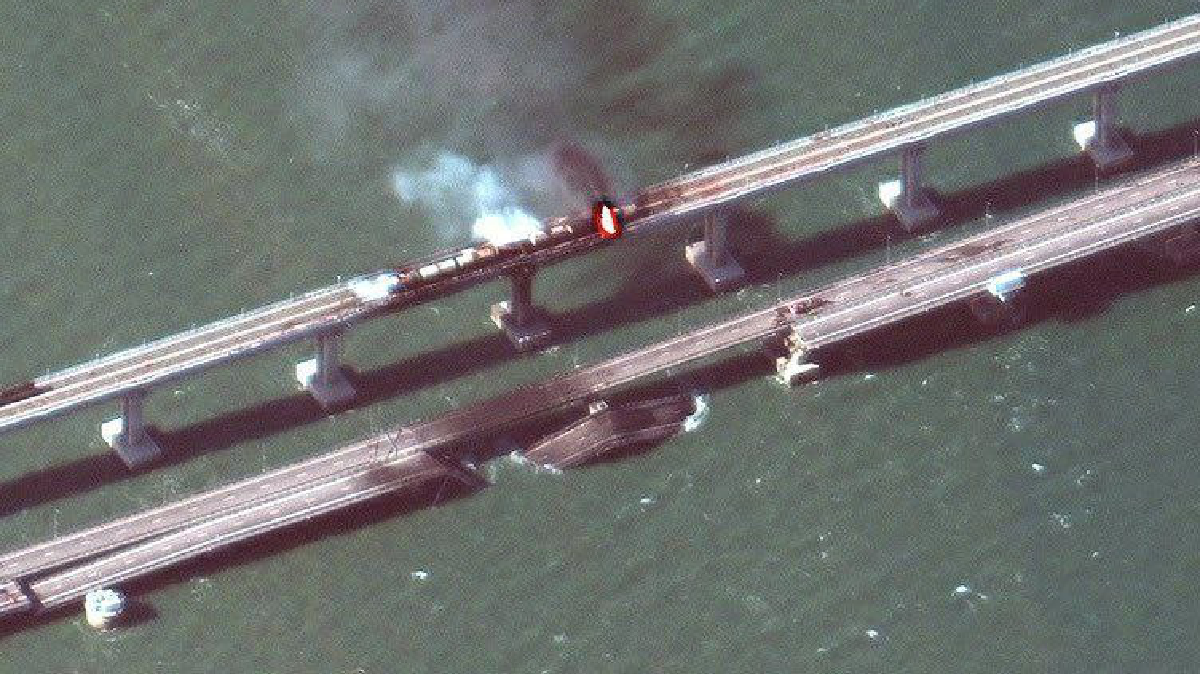A few questions about the Crimean platform after the event
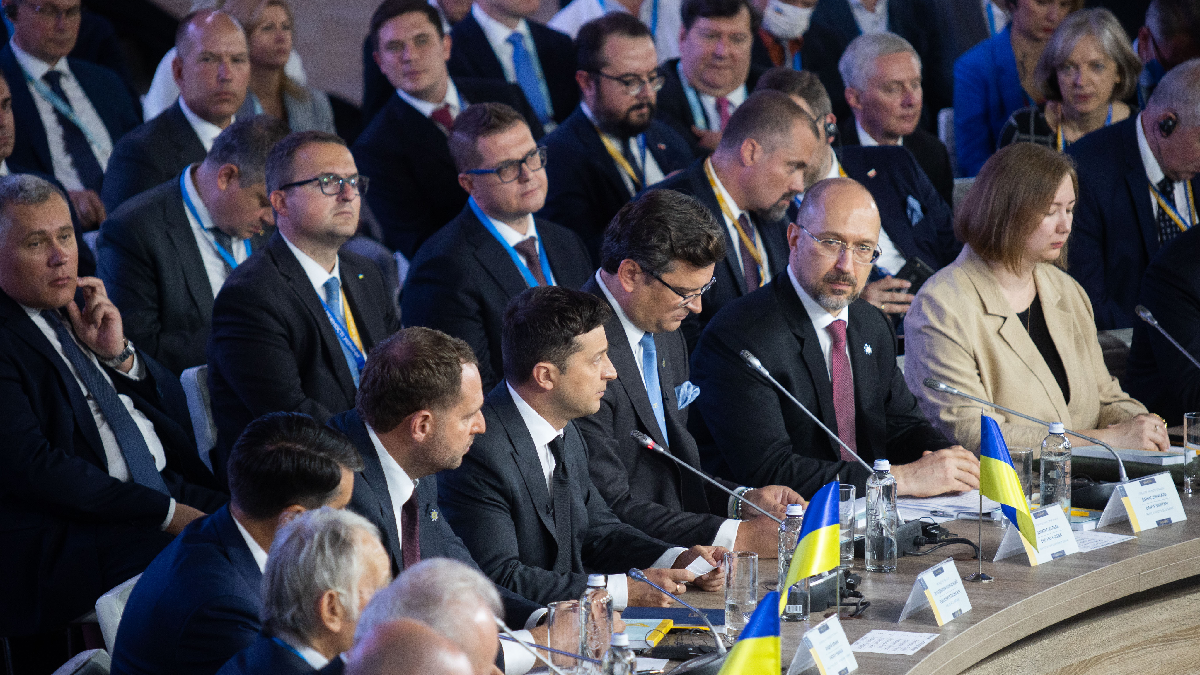
The first summit of the Crimean Platform took place on August 23 in Kyiv. The conference was attended by representatives of government delegations from 45 countries. Among them: the United States, all members of the EU, Georgia, Moldova, Turkey, Northern Macedonia, Australia, New Zealand, Japan, Canada, Iceland.
Among those present at the summit were nine presidents, four Prime Ministers, fourteen foreign ministers, other ministry representatives, and ambassadors. One of the speakers at the summit was Olga Skrypnyk, chairperson of the Crimean Human Rights Group. She represented the expert group within the summit. After the first Crimean platform, the editorial board of Suspilne Crimea talked to Olga about the further development of the idea of the event and its main accents.
The general reaction to the event
The most important thing is that the event was held at a very high level. Despite many attempts by the Russian Federation to intervene, the summit was held at a high level because there were 47 delegations.
As for the countries, they were represented at the level of presidents, as well as prime Ministers and ministers, the highest possible representation. In general, all the speeches were in support of Ukrainian Crimea, and what was important to me was that many countries expressed their readiness to take an active part in it.
Did they talk enough about the issue of Crimean political prisoners?
The issue is perceived differently, and countries are represented by different officials. One ministry, for example, may know more than another.
Even if we see that there were no specifics in any speech, it is not important. After all, these were program speeches.
We expect to work on specific topics in the future. There are five main directions, and also, in our expert network, there are seven directions to which the Crimean Platform corresponds. The issue will be more clearly discussed at specific stages of the work, or dedicated special thematic activities, or individual expert groups.
As for political prisoners, for example, in my speech, I spoke not only about persecution but also about other forms of attempts to sever ties between the people and their homeland.
This does not provoke a response from all delegations because they are not so familiar with the issues, so we created an expert network for this centre to develop decisions, proposals, and so on.
I listened to all the speeches, but the emphasis was that all they supported the thesis - Crimea is Ukraine.
There was pressure on many countries, they came and signed it publicly, this is the most important result.
That’s why I didn’t pay so much attention to it, the leaders of the states came, and the task was to sign the document. As for the specific work on the problem of political prisoners, this will already be done by relevant specialists, ministries, etc.
The Crimean Platform Office is declared as an institution that will work in all Crimean areas. Don’t you see a certain monopolization of the topic based on one department?
I hope there will be no monopolization. The goal is not to monopolize here. The purpose of the President’s representation is to coordinate and help in organizational matters.
The office resembles a hub that can be used by both public organizations and public authorities for activities that are related to the Crimean Platform.
And this office is the internal work of Ukraine from the Crimean Platform. Because foreign and international policy will be a priority for the Foreign Ministry.
In any case, they will cooperate with both the Crimean Platform Office and the President's Representation, so this is the task of Ukraine's internal work and, in particular, the improvement of legislation.
This is the coordination of bodies within Ukraine, working with the public sector. I was pleased to learn that one of the key roles is given to the public expert organizations. This is, of course, a very important signal that we will work together.
Read also: Seven questions before the Crimean Platform summit
How safe was the participation of the summit participants who came to the platform from Crimea?
There were many meetings with various international organizations before the Crimean Platform.
Our organization raised security issues. In addition to discussing the issue in a diplomatic political context, the issue of security was raised.
Russia was preparing for this in advance because back in December, amendments were made to the Criminal Code of the Russian Federation, where Article 280.2 appeared for actions that violate the territorial integrity of the Russian Federation.
This article is quite standard in terms of persecution. Therefore, it has a broad legal framework, so anything can fall under these actions.
Later this year, we have already seen Russia's reaction, where it said it considered an encroachment on its territorial integrity.
I know that Russia tried to put pressure on different countries. All this suggests that this format is unacceptable for her.
And there may be harassment and intimidation and so on. There are already all the prerequisites for it.
We talked to Crimean colleagues. It is clear that everyone makes their choice, and they also understand that for many colleagues, publicity is the main method of protection, so I think that the path to publicity may be the right one.
What will the Russian Federation do next? It can be conversations formal and informal, and it can immediately begin at the checkpoint upon the return of these people. Conversations can continue further in Crimea.
We must understand that as long as people are in the occupied territories, they will always be hostages. Actually, one of the central proposals of my speech was that de-occupation is the only condition when people will be safe.
We know that there were other reasons when the RF pursued the active ones. We saw how the cases of "saboteurs" were fabricated, no matter whether these people were guilty of something or not, the FSB just decided that, and the case was created. Same thing here.
In any case, this is a very powerful political event. I do not think that Russia will ignore it. And it would be strange to deny that there is a danger for people because there was a danger before the Crimean summit.
This article may be applied. But knowing Russia's practice, it can use other articles to remove activists. So their logic is difficult to understand. The probability is, I would say, even very high.

